|
What do you do with a child so out of control that they are a danger to themselves and others? What if they are too young to be housed in a secure facility and no group homes will take them? 9-year-old Benni (Helena Zengel) suffered from early childhood trauma and now has severe behavioural issues. She is foul-mouthed, vicious, demanding, and will fly into a blind rage at the slightest thing. She will inflict violence on others and herself without a thought but she just wants to be with her mama. She is moved between care homes and foster carers but her future looks very bleak if she can’t get the intervention she needs and make a breakthrough quickly. Her school escort Micha (Albrecht Schuh) forms a bond with Benni but it puts his own family and job at risk. The few people who really know Benni and care about her are near-powerless to make the system work for her and are terrified that as she gets older interventions will only get worse. We’re more used to hearing about out-of-control boys and young men. Struggling to control their own rage they get absorbed into a cycle of violence and detainment, broken only by caring community workers or boxing gym owners. But there is evidence that girls are massively underdiagnosed with conditions like autism, ADHD or behavioural problems. This film shows us that girls face these problems too and need to be cared for and managed by specialist services. Zengel’s visceral performance also shows us how much utter rage can be experienced by young children, and by women and girls. Zengel seems almost possessed as she thrashes and screams with every fibre of her being. It’s terrifying to watch and makes us wonder what on earth could help someone in that state. She also switches in an instant to being incredibly young innocent, standing out against the misty woods with her bright pink coat or shouting for her mama. The contrast is astounding and makes her plight all the more heartbreaking. Micha’s nickname for her is all too fitting. She’s a “mighty mouse”. The question of counselling vs medication is key to Benni’s progress and some may feel that the film comes down too heavily on one side over another. Perhaps a more balanced combination would have given a better message. But can you force someone to take medication? Even if it’s for their own good? On the other hand, are too many children put on medication as an easier option without also doing the hard behavioural work? The point is there’s no easy solution and every child is different. While the carers and authorities struggle to give Benni the attention and counselling she needs others will be suffering too. There just aren’t enough resources available, especially for extreme specialist cases like this one. It’s easy to blame Benni’s mother Bianca (Lisa Hagmeister), and we get a hint as to her poor parental abilities. But Fingscheidt doesn’t let us point the finger that easily. After all, Benni is prone to extreme violence and Bianca has two other children to care for. Just because you’re someone’s mother doesn’t mean you are able to cope with an extreme situation like this. Bianca loves Benni but she’s scared of her. System Crasher is intense and frustrating but it needs to be. Underneath the hellscape is a wellspring of compassion that could change many people’s lives if it wasn’t made impotent from a lack of resources. Comments are closed.
|
AuthorHi, I'm Caz. I live in Edinburgh and I watch a lot of films. My reviews focus mainly on women in film - female directors or how women are represented on screen. Archives
December 2021
Categories
All
|
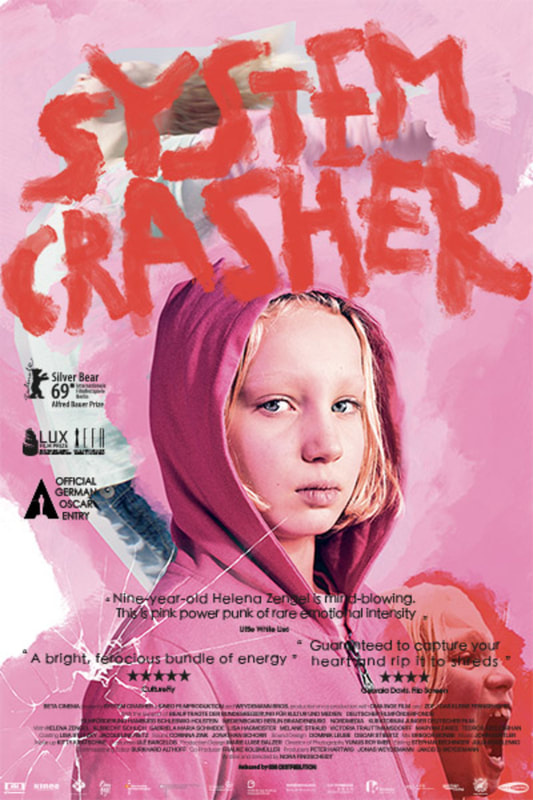


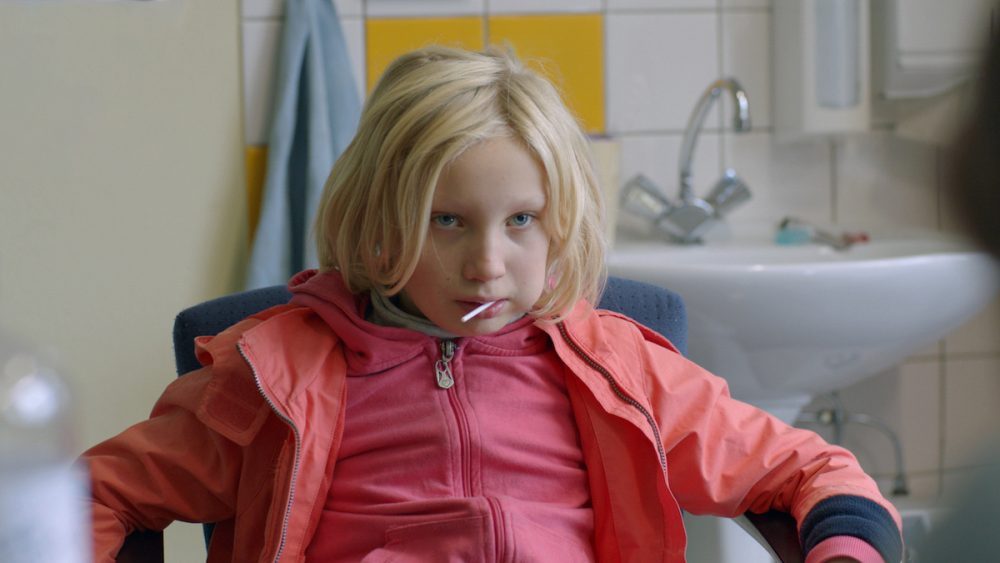
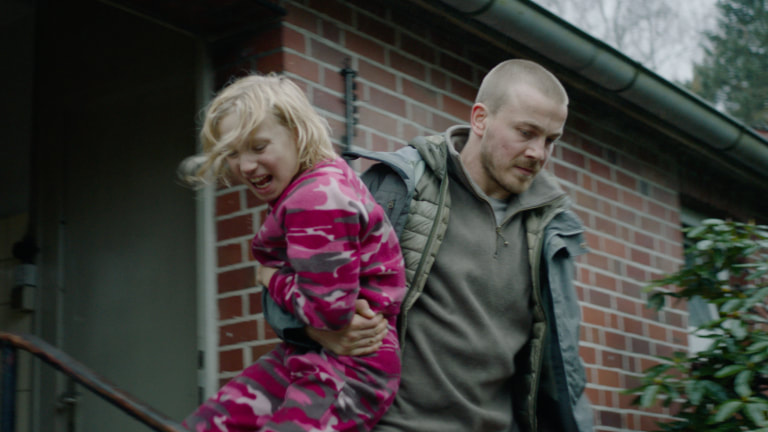
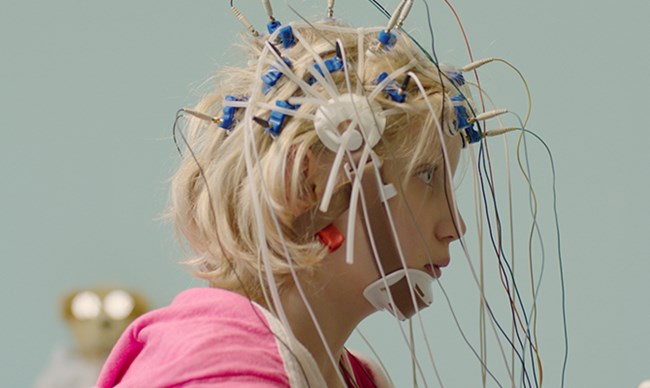
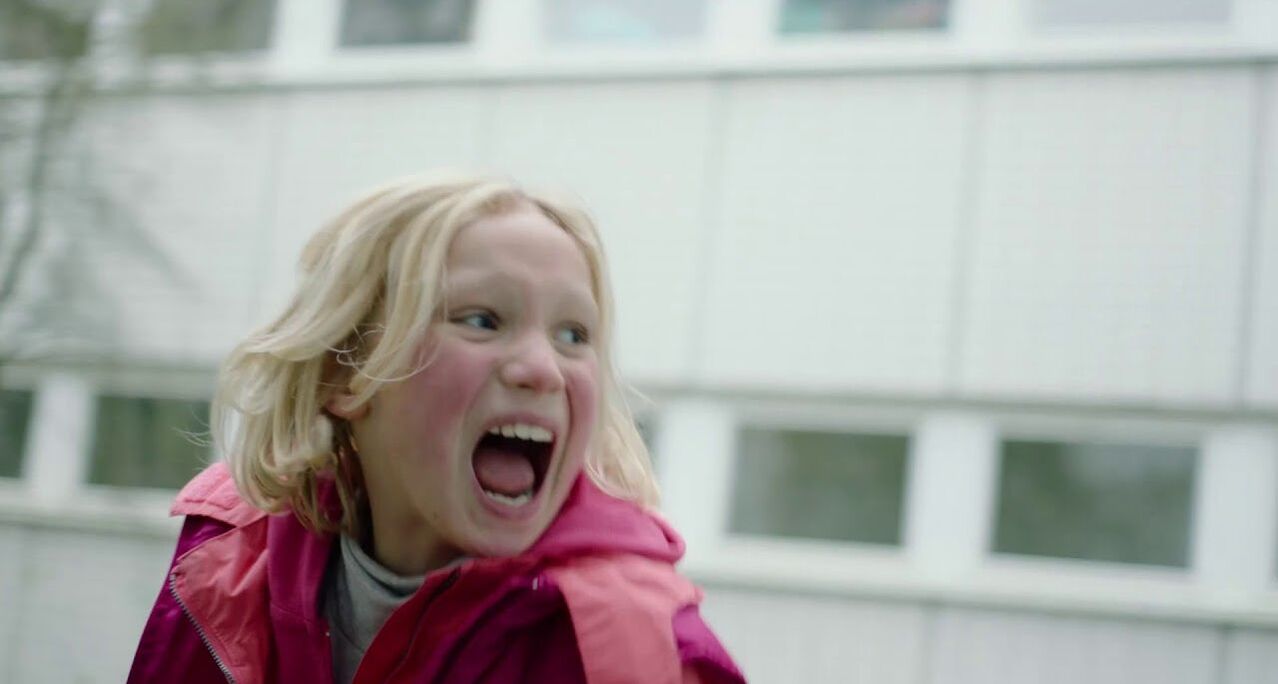
 RSS Feed
RSS Feed
